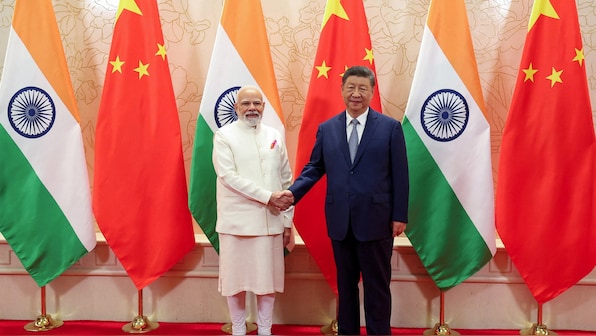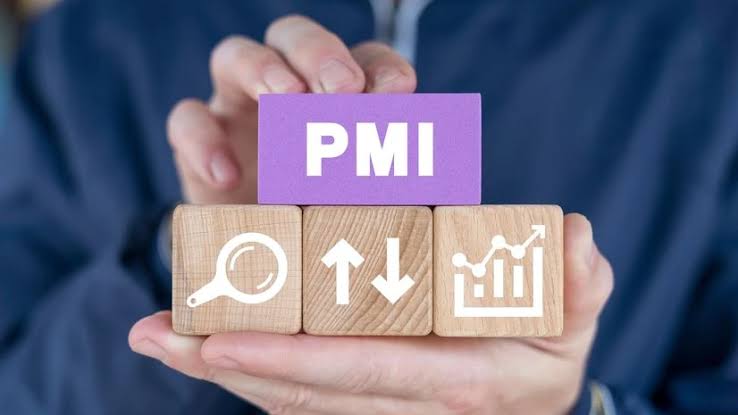 Image Source : Firstpost
Image Source : Firstpost
In a landmark diplomatic engagement on the sidelines of the Shanghai Cooperation Organisation (SCO) Summit in Tianjin, Prime Minister Narendra Modi and Chinese President Xi Jinping held a bilateral meeting that signaled a renewed commitment to peace, cooperation, and strategic alignment between Asia’s two largest economies. The meeting, which comes after years of strained ties following the 2020 border clashes, was described by India’s Foreign Secretary as “constructive, forward-looking, and grounded in mutual respect.”
The leaders also discussed regional connectivity, global trade stability, and the importance of maintaining peace along the border to ensure continued progress in bilateral relations.
Key Highlights from the Bilateral Meeting
-
Prime Minister Modi and President Xi expressed a shared commitment to resolving the boundary question through fair, reasonable, and mutually acceptable terms
-
Both leaders agreed that differences should not escalate into disputes and emphasized the need for peace and tranquility in border areas
-
The meeting reaffirmed that India and China are development partners, not rivals, and should be allowed to grow and cooperate in shaping the Asian century
-
There was mutual recognition of the stabilizing role India and China can play in global trade, especially amid rising protectionism and geopolitical uncertainty
-
The leaders agreed to focus on domestic development goals and strategic autonomy, avoiding external influence in bilateral matters
Strategic and Economic Dimensions
Stabilizing Global Trade
-
Both sides acknowledged the importance of India and China working together to bring stability to the world economic order
-
The leaders discussed expanding bilateral trade and investment ties, reducing trade deficits, and enhancing supply chain resilience
-
India emphasized its readiness to advance relations from a long-term strategic perspective, based on mutual interest and sensitivity
Connectivity and Regional Integration
-
Prime Minister Modi sought Myanmar’s support for a key connectivity project linking India’s Northeast with Southeast Asia
-
The initiative is part of India’s Act East policy and aims to strengthen economic integration across the Bay of Bengal region
-
China expressed openness to supporting regional connectivity that benefits all stakeholders
People-to-People and Cultural Exchange
-
Both sides agreed to resume direct flights and facilitate visas to boost tourism and business travel
-
The Kailash Mansarovar Yatra, a symbolic pilgrimage route, will be reopened, reflecting cultural diplomacy and trust-building
-
Educational and cultural exchanges will be expanded to foster mutual understanding
Diplomatic Tone and Future Outlook
-
The leaders shared a consensus that stable and amicable relations between India and China are beneficial to the 2.8 billion people of both nations
-
They reaffirmed the principles guiding bilateral relations, including strategic communication, respect for sovereignty, and peaceful coexistence
-
Modi emphasized that India-China relations should not be viewed through the lens of third-party dynamics, underscoring the importance of strategic autonomy
-
Xi Jinping welcomed India’s invitation to the 2026 BRICS Summit and pledged support for India’s presidency
Meeting with Russian President Vladimir Putin
-
Prime Minister Modi is also scheduled to meet Russian President Vladimir Putin during the summit, continuing India’s balanced diplomacy amid global tensions
-
The trilateral engagement between India, China, and Russia is expected to focus on regional security, energy cooperation, and multilateral reform
Conclusion
The Tianjin meeting marks a significant step toward rebuilding trust and fostering cooperation between India and China. With both nations agreeing to prioritize development, dialogue, and diplomacy, the summit sets a hopeful tone for regional stability and global economic recovery. As India prepares to host the BRICS Summit in 2026, the outcomes of this engagement could shape the contours of a more multipolar and cooperative Asia.
Sources: Newsday, CNBC TV18, The Hindu, MEA Press Release, India Today, Financial Express
Advertisement
Advertisement






